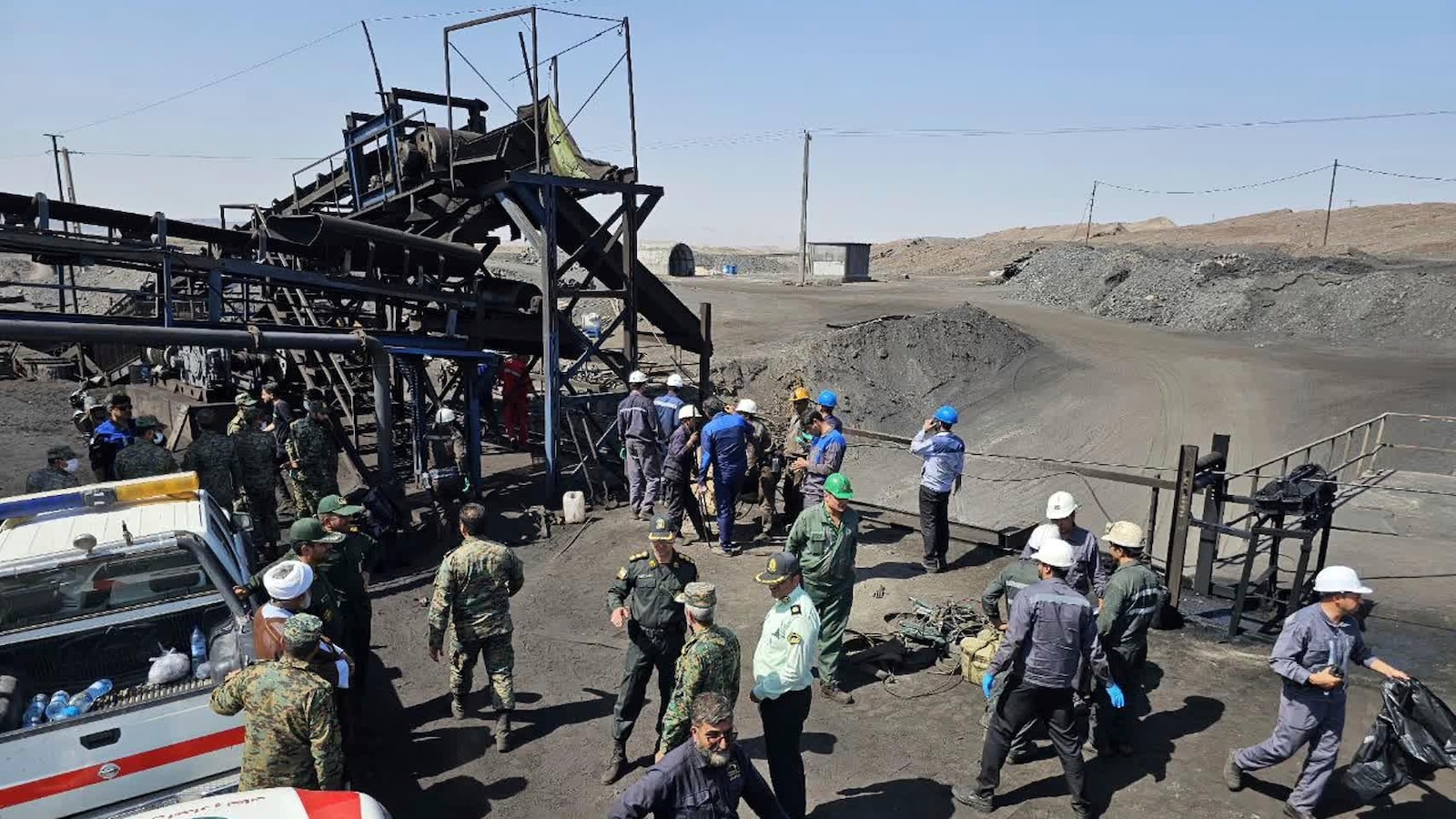
SEOUL, South Korea — The powerful sister of North Korean leader Kim Jong Un vowed Tuesday to boost the country’s nuclear war capability and take other steps to protest the recent arrival of a nuclear-powered U.S. submarine in South Korea.
North Korea has repeatedly vowed to expand its nuclear arsenal, but the latest threat by Kim Yo Jong came after North Korea dialed up regional tensions by unveiling a uranium-enrichment facility and testing a new ballistic missile earlier this month.
In a statement carried by state media, Kim Yo Jong said that the submarine’s visit “clearly reveals the frantic military and strategic attempt of the U.S.” She said North Korea’s nuclear war deterrent must be bolstered “both in quality and quantity continuously and limitlessly” in response.
“The U.S. strategic assets will never find their resting place in the region of the Korean Peninsula,” she said. “We will continue to inform that all the ports and military bases of the ROK are not safe places.” ROK stands for the Republic of Korea, South Korea’s formal name.
Her comments suggested North Korea may test-fire a missile whose range covers a South Korean site where the U.S. submarine is docked, some observers say.
South Korea’s military said the USS Vermont, a nuclear-powered and fast-attack submarine, arrived at the southeastern South Korean port city of Busan on Monday to take on supplies and allow its crew to rest.
Temporary deployments of powerful U.S. military assets like aircraft carriers, nuclear-powered submarines and bombers to South Korea are not unusual, but Washington has boosted them over the last year in a show of force against North Korea’s evolving nuclear threats.
Pyongyang often responds furiously to such visits, calling them proof of hostile intentions, and reacts with missile tests.
On Sept. 13, North Korea’s state media published photos of a secretive facility to enrich uranium for nuclear weapons. It was North Korea’s first unveiling of a uranium-enrichment facility since it showed one at the country’s main Yongbyon nuclear complex to visiting American scholars in 2010. Last week, North Korea tested a newly built ballistic missile designed to carry what it calls “a 4.5-ton super-large conventional warhead” and a modified cruise missile.
Since late May, North Korea has also floated thousands of trash-carrying balloons toward South Korea in a Cold War-style psychological campaign, prompting South Korea to restart anti-Pyongyang propaganda loudspeaker broadcasts at border areas.
South Korea’s military warned on Tuesday of unspecified military action if the North pushes its balloon campaign to a point that seriously threatens the safety of South Korean civilians.
Military spokesperson Lee Sung Joon didn’t say what action South Korea could take, but he reiterated that the military isn’t considering shooting down the balloons midair because they could be carrying hazardous substances.
So far, North Korea’s balloon activities haven’t caused serious damage.
___
Associated Press writer Kim Tong-hyung contributed to this report.
North Korea has once again raised tensions in the region by promising to retaliate against the recent visit of a US submarine to South Korea. The rogue nation, known for its aggressive rhetoric and unpredictable behavior, has issued a stern warning to the United States, stating that any further provocations will be met with a swift and decisive response.
The US submarine, which arrived in South Korea as part of a routine military exercise, has been seen by North Korea as a direct threat to its security and sovereignty. In response, North Korean officials have vowed to take action to defend their country against what they perceive as an act of aggression.
This latest development comes at a time of heightened tensions on the Korean Peninsula, with North Korea continuing to test ballistic missiles and nuclear weapons in defiance of international sanctions. The reclusive nation has also engaged in a war of words with the United States, with both sides exchanging threats and insults.
The US has maintained a strong military presence in South Korea for decades, in order to deter any potential aggression from North Korea. The presence of American troops and military assets in the region has long been a source of contention for Pyongyang, which views the US as a hostile and imperialist power.
In response to North Korea’s threats, the US has reiterated its commitment to defending its allies in the region and maintaining peace and stability on the Korean Peninsula. The US military has stated that it will continue to conduct exercises and operations in the region in order to ensure the security of its allies and deter any potential aggression from North Korea.
Despite the escalating tensions, experts believe that a full-scale conflict between the US and North Korea is unlikely. Both sides are aware of the potentially catastrophic consequences of such a conflict, and are likely to seek diplomatic solutions to de-escalate the situation.
However, the situation remains volatile, and any miscalculation or misstep could lead to a dangerous escalation of hostilities. The international community is closely monitoring the situation and calling for restraint on all sides in order to prevent a further deterioration of the situation on the Korean Peninsula.
In conclusion, North Korea’s promise to retaliate against the US submarine’s visit to South Korea is a troubling development that highlights the ongoing tensions in the region. Both sides must exercise caution and restraint in order to prevent any further escalation of hostilities and work towards a peaceful resolution of their differences.


